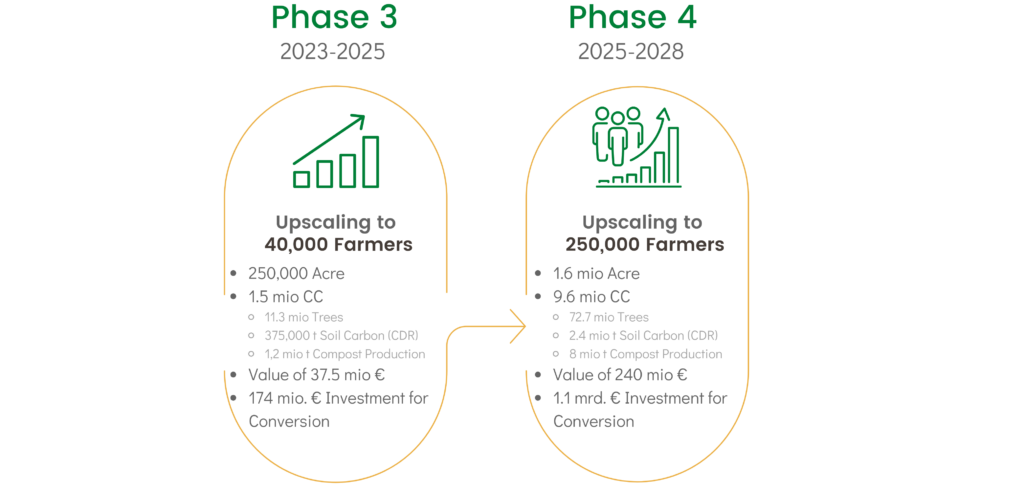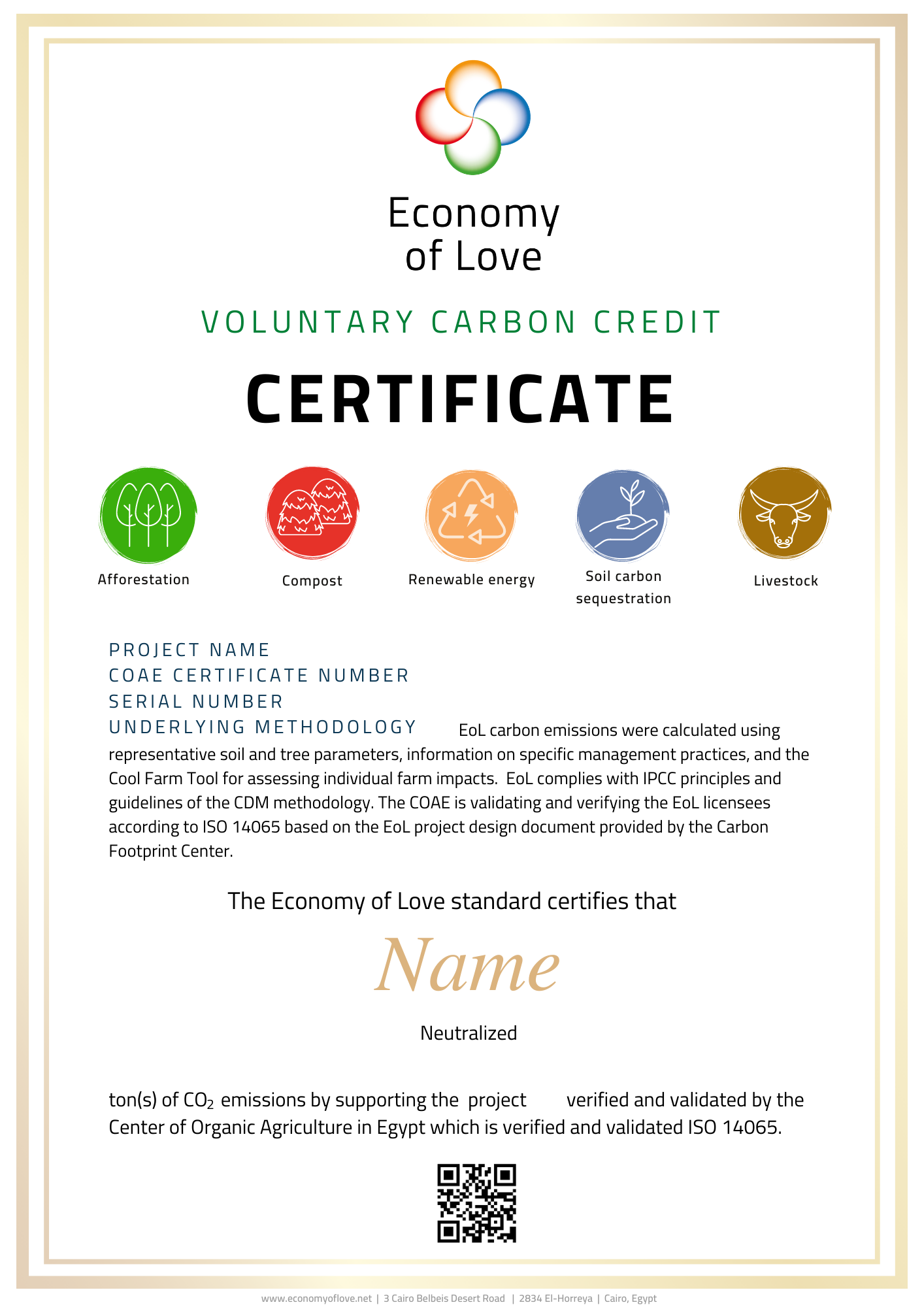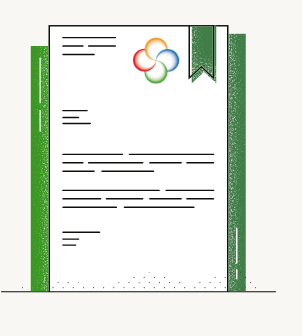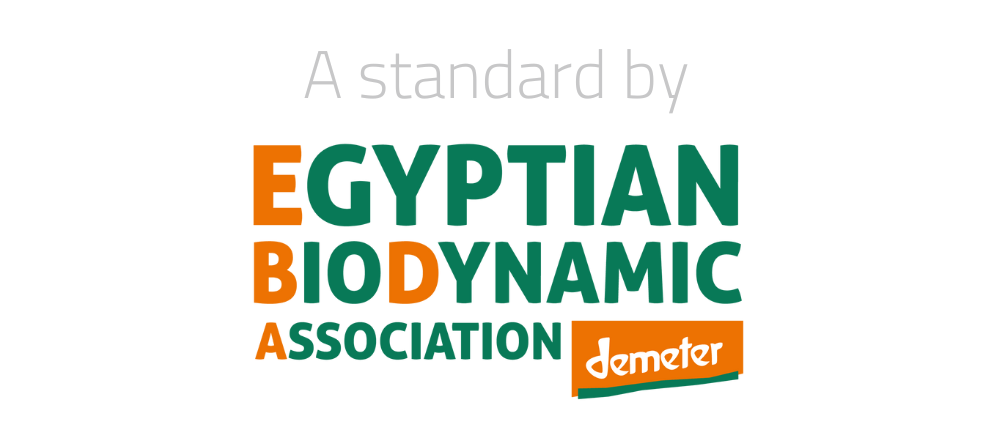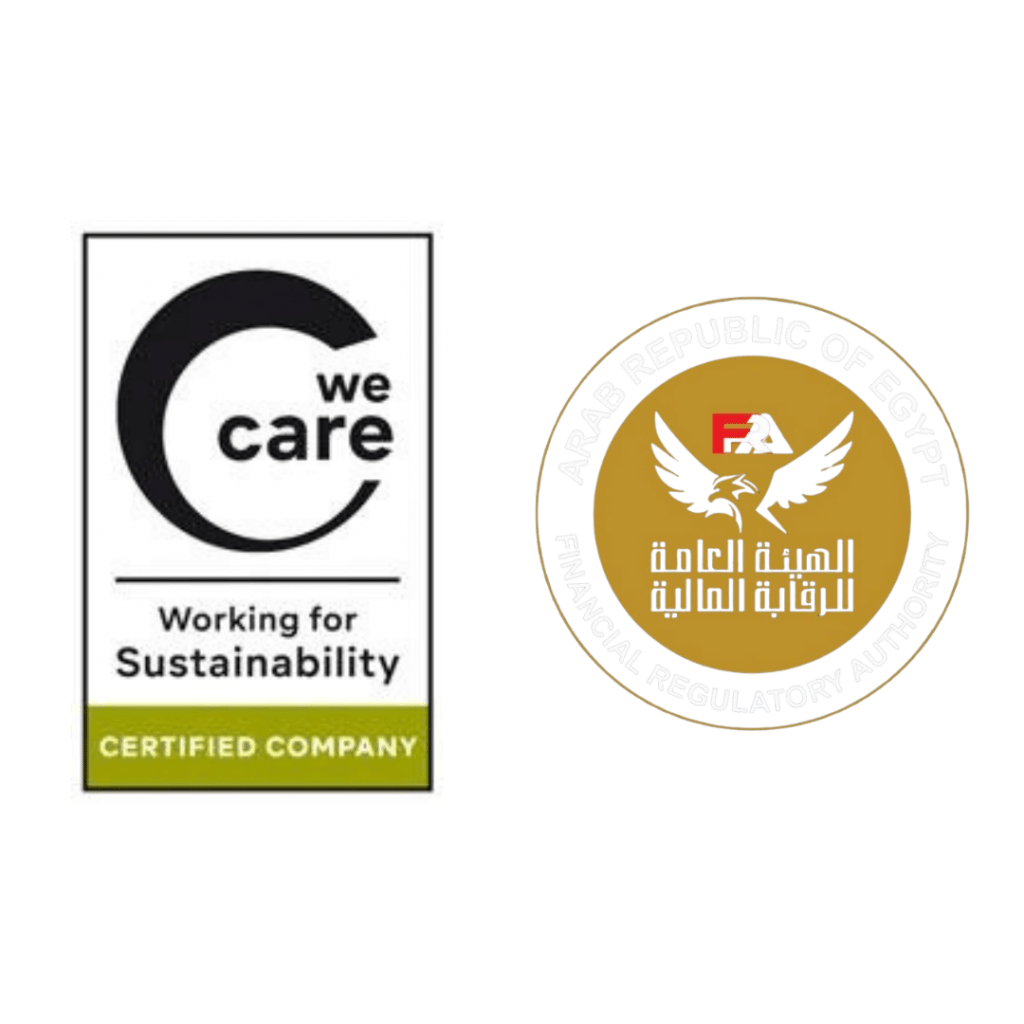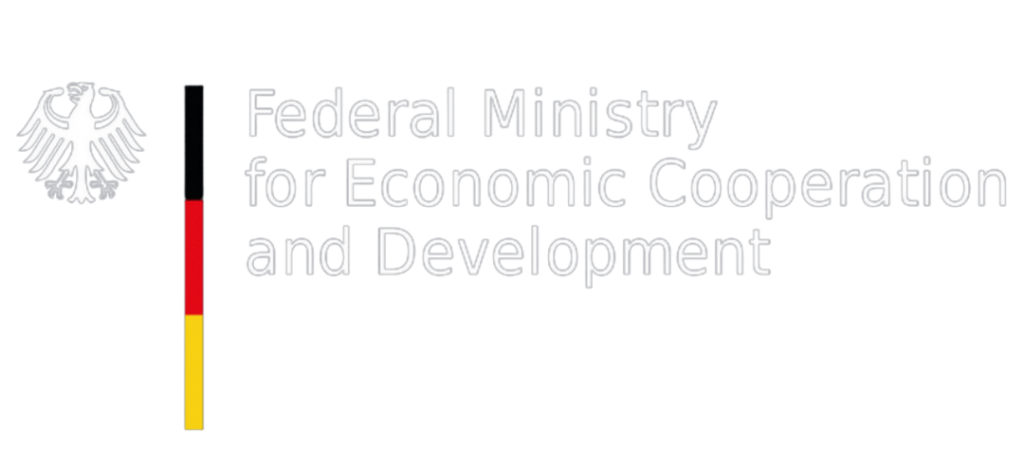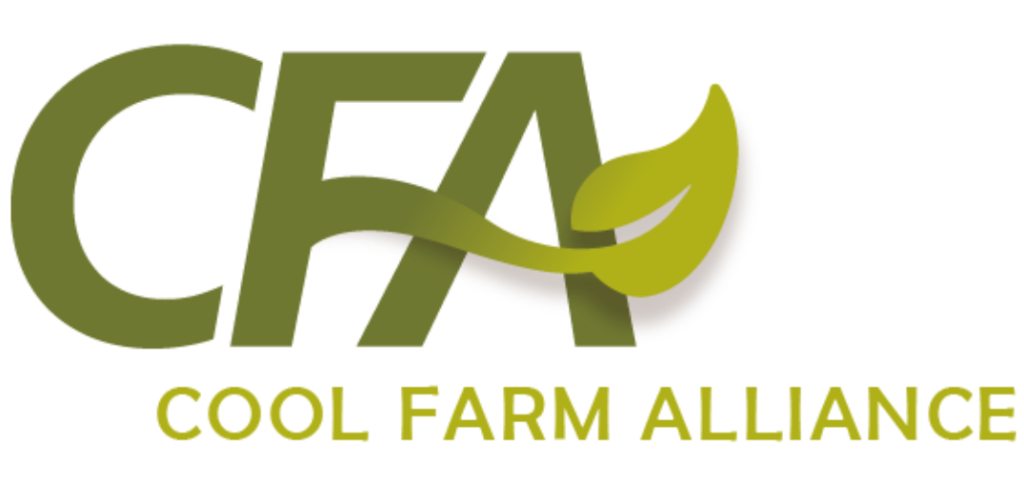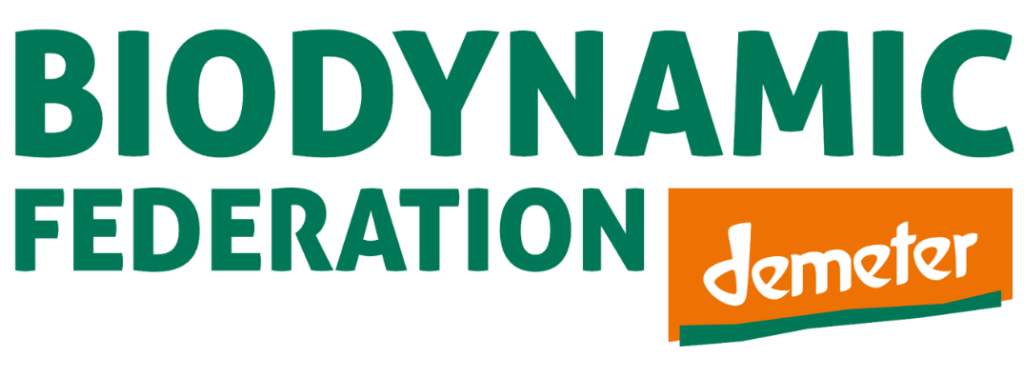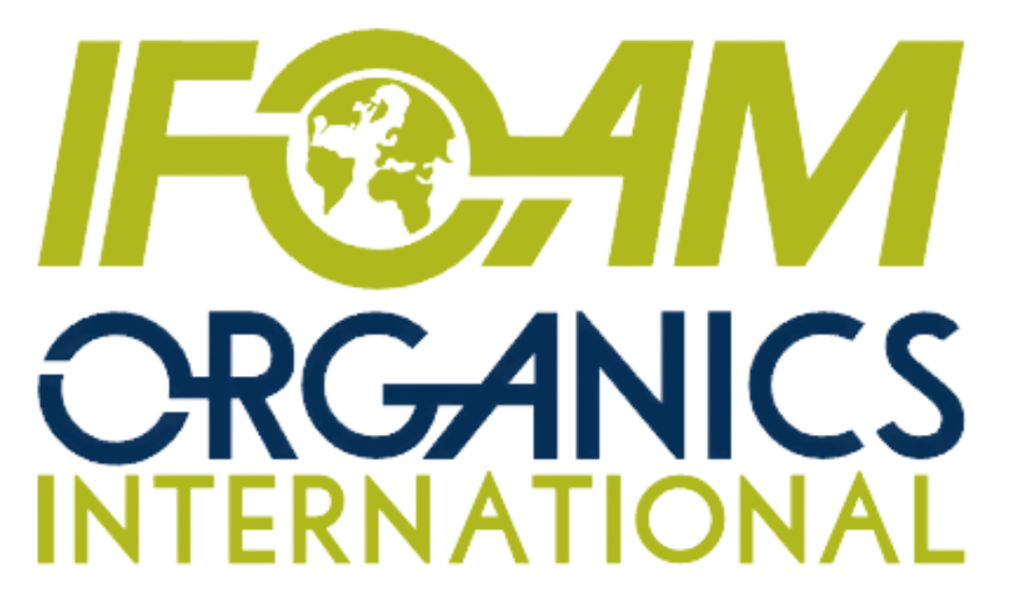Status
Issued
Issued on
June 01, 2022
Serial number
COAE-ABDALAH-EG630-043
The Center of Organic Agriculture in Egypt is validating and verifying the Economy of Love projects based on the EoL project design document prepared by the Carbon Footprint Center.





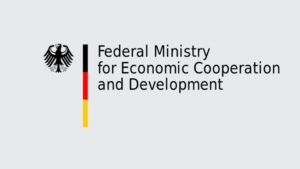
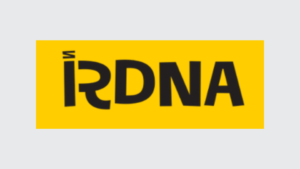
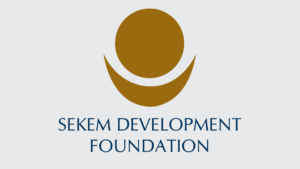




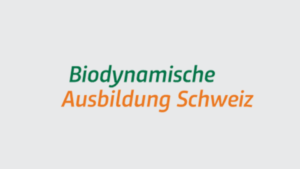


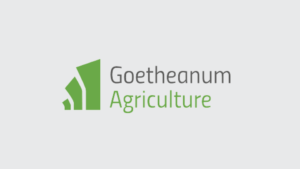
| Farm Name | Governerate | Certificate Number | Number of CC 2020 | Number of CC 2021 |
| al assal | Fayoum | COAE/ EG 431 | – | 436 |
| el ghazira | Fayoum | COAE/ EG 429 | – | 381.7 |
| el baraka | Sohag | COAE/ EG 200 | – | 193.6 |
| el metwaly | Fayoum | COAE/ EG 292 | – | 224.4 |
| soliman dawood | Fayoum | COAE/ EG 193 | – | 96 |
| abu hamad | Fayoum | COAE/ EG 430 | – | 1063 |
| mashhor | Fayoum | COAE/ EG 250 | – | 478.5 |
| el feky | Fayoum | COAE/ EG686 013 | – | 501 |
| El Manashee | Fayoum | COAE/ EG432 020 | – | 378.9 |
| Mahmoud Rabia | Fayoum | COAE/ EG836 021 | – | 317.9 |
| Eraky | Fayoum | COAE/ EG488 022 | – | 504 |
| Saft | Beni Suief | COAE/ EG660 074 | – | 145.4 |
| Somosta | Beni Suief | COAE/ EG645 075 | – | 164.6 |
| El-Mostashar | Beni Suief | COAE/ EG672 076 | – | 124.3 |
| El-Gazerah | Giza | COAE/ EG625 077 | – | 167 |
| Abdalah Saad 1 | Giza | COAE/ EG521 078 | – | 80.8 |
| Mandisha | Wahat Bahareia | COAE/ EG48 079 | – | 217.6 |
| El-Rahma | Wahat Bahareia | COAE/ EG458 080 | – | 178.1 |
| El Sedek | Damietta | COAE/ EG570 081 | – | 2485 |
| El Zahween | kallubia | COAE/ EG696 082 | – | 119.6 |
| Al Ghaiash | kafr el sheikh | COAE/ EG448 083 | – | 818.2 |
| El Wady Al Asuti | Asuit | COAE/ EG221 024 | – | 270.3 |
| El Wady Al Asuti 1 | Asuit | COAE/ EG438 025 | – | 161.4 |
| El Wady Al Asuti 2 | Asuit | – | – | |
| Cobrolomin | Asuit | – | ||
| Osman | Asuit | COAE/ EG783 028 | – | 80.4 |
| Abdel Ghaffar | Asuit | COAE/ EG440 029 | – | 534.7 |
| Manfalout | Asuit | COAE/ EG442 030 | – | 444.6 |
| Bani Oday | Asuit | COAE/ EG441 031 | – | 500.3 |
| Basateen Aswan | Aswan | COAE/ EG446 032 | – | 965.7 |
| El Mostafa | Aswan | – | ||
| Abdel-Sabour | Aswan | COAE/ EG64 034 | – | 707.2 |
| Abdel Maksod | Qena | COAE-AB-MAKSOD-EG445 035 | – | 302.7 |
| El Fangary | Qena | COAE-ELFANGARY-EG444 036 | – | 312.7 |
| Ismailia | Ismaelia | COAE-ISMAILIA-EG361-037 | – | 146.6 |
| El Baramawy | Ismaelia | COAE-ELBARAMAWY EG428-038 | – | 64.4 |
| El Shirka El Dawlia | Monofia | COAE-ELSH-ELDAWLIA EG427-039 | – | 94.5 |
| Mohamed Raslan | Monofia | COAE-MOH-RASLAN- EG410-040 | – | 206.7 |
| Tawfik Raslan | Sharkia | COAE-TAWFIKRASLAN- EG817-041 | – | 247 |
| Abou-Hendawy | Minia | COAE-ABOUHENDAWY EG500-023 | – | 221.6 |
| Shoulkam | Minia | COAE-SHOULKAM-EG435 042 | – | 313.4 |
| Abdalah | Minia | COAE-ABDALAH-EG630-043 | – | 159.5 |
| El-Rouby | Minia | COAE-ELROUBY-EG 622-044 | – | 222.9 |
| Hassan | Minia | COAE-HASSAN-EG631-045 | – | 121.4 |
| Bahgat | Minia | – | ||
| salah | Minia | COAE/ EG434 047 | – | 185.8 |
| Abdel- Azeem 2 | Minia | COAE/ EG852 048 | – | 113.6 |
| EWEES | Minia | COAE/ EG580 049 | – | 632.6 |
| ASHNY | Minia | COAE/ EG437 050 | – | 22.6 |
| Wady El Zaton | Behera | COAE/ EG436 051 | – | 399.2 |
| Abo-El-Reish | Behera | COAE-ABOELREISH-EG744- 052 | – | 534.1 |
| Abou-Khateeb | Behera | COAE-ABOUKHATEEB EG266-053 | – | 581.3 |
| Abou Seada | Behera | COAE-ABOUSEADA-EG426- 054 | – | 417.6 |
| Abou-Madawy | Behera | COAE-ABUMADAWY-EG308- 055 | – | 935.8 |
| Abou Moter | Behera | COAE-ABOUMOTER-EG423- 056 | – | 418.2 |
| El-Bialy | Behera | – | – | 371 |
| El Gazera 2 | Behera | – | – | 405 |
| El-Hager | Behera | – | – | 650.2 |
| El Zahir | Behera | – | – | 286.3 |
| El-Oroba | Behera | – | – | 157.3 |
| El-Askary | Behera | – | – | 140.5 |
| El-Moghazy | Behera | – | – | 177.1 |
| Badr | Behera | – | – | 219.8 |
| Tadros | Behera | – | – | 303.8 |
| Sallam | Behera | – | – | 332.7 |
| Tolba Shaheen | Behera | – | – | 336.3 |
| Abdul Fadil | Behera | – | – | 469.7 |
| Awad | Behera | – | – | 115.9 |
| Mobarak El-Sayad | Behera | – | – | 1236.5 |
| Maarouf | Behera | – | – | 208.7 |
| Mekled | Behera | – | – | 618 |
| El Tahan | Wahat Bahareia | – | – | 287.7 |
| Greening the desert project | Sinai | COAE-GTD-SEK-WAH-EG750-EG760-011 | 7648 | 11928 |
| Sekem(sinai) | Minia | COAE- SEK-SINAI-EG751 -010 | 1196 | 1196 |
| Sekem (Minia) | Sharkia | COAE- SEK-MINYA-EG752 -009 | 298 | 298 |
| Sekem adlya 123 | COAE- SEKEM -EG18 -008 | 3753 | 3180 |
| Company name | Location | impacTrace link |
| Sekem | Egypt | https://economyoflove.net/sekem-products/ |
| Lotus | Egypt | https://economyoflove.net/lotus-product-page/ |
| OGLAND | Sweden | https://economyoflove.net/ogland-products/ |
| NatureTex | Egypt | https://economyoflove.net/naturetex-products/ |
| Agrosourcing | France | https://economyoflove.net/agro-sourcing-products/ |
The Center of Organic Agriculture in Egypt (COAE)
Amisol Travel Agency acts as the middleman by selling the EoL Carbon Credits to their interested travelers
Add Your Heading Text Here
The wide-ranging impacts of climate change are adversely affecting millions of smallholder farmers around the globe, with farmers in Africa suffering the worst of these impacts. Rise in temperatures and extreme weather events, combined with a sharp increase in pests and diseases, are putting the very livelihoods of these farmers at risk.

Creating a
FAIR ECONOMY
13%
of the product price is directly going to the farmers to cover the farm cost and a fair compensation for farmers.
Protecting the
ENVIRONMENT
3.3kg CO2e
were sequestered/absorbed by the soil, per package, reducing the impact of agriculture on climate change.
Increase income and well-being of farmers
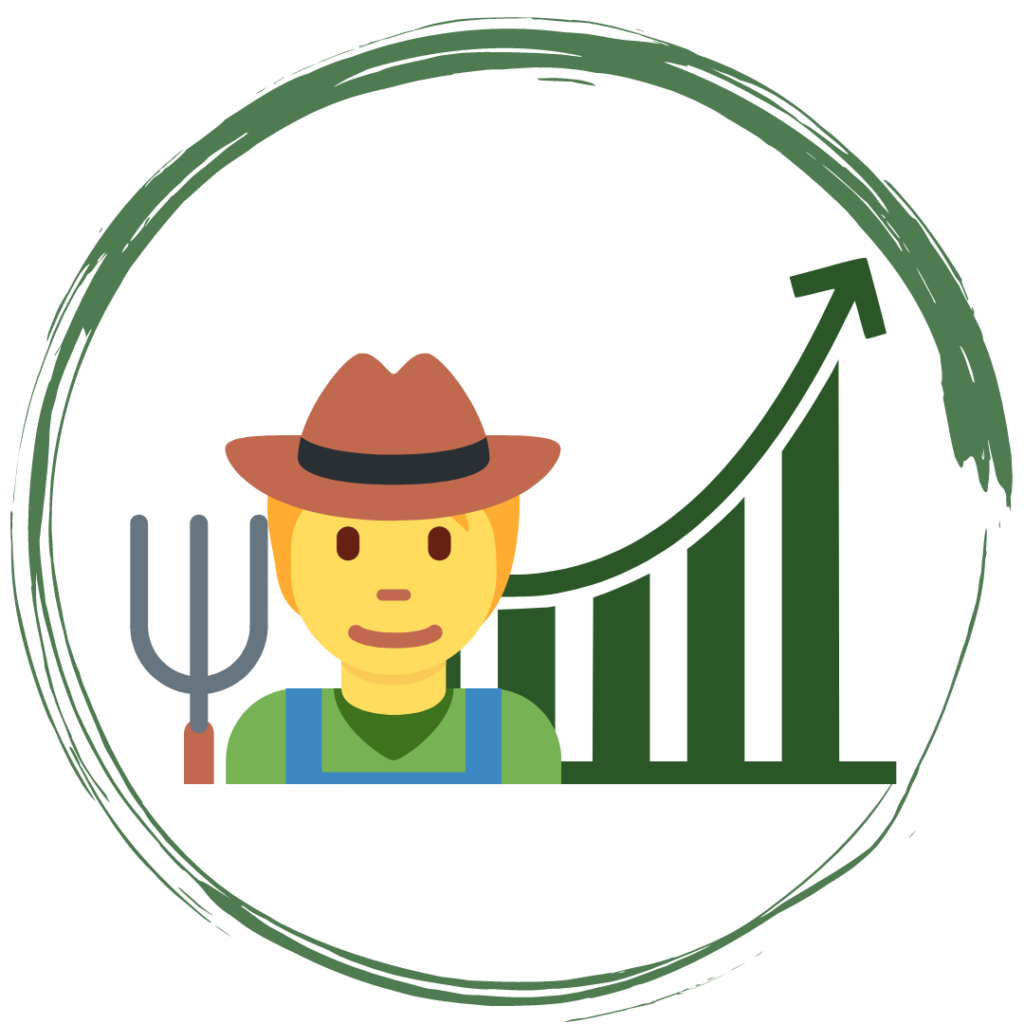
Decrease price of organic & biodynamic products
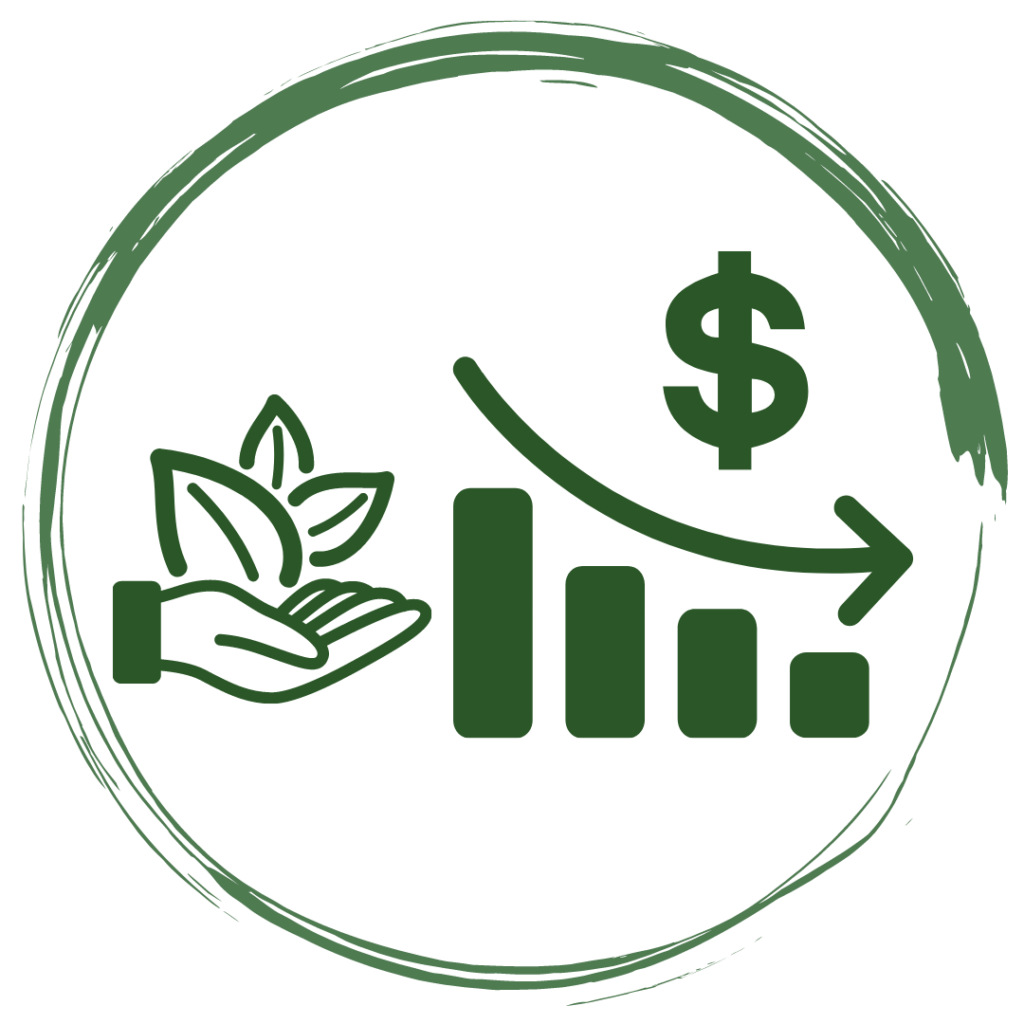
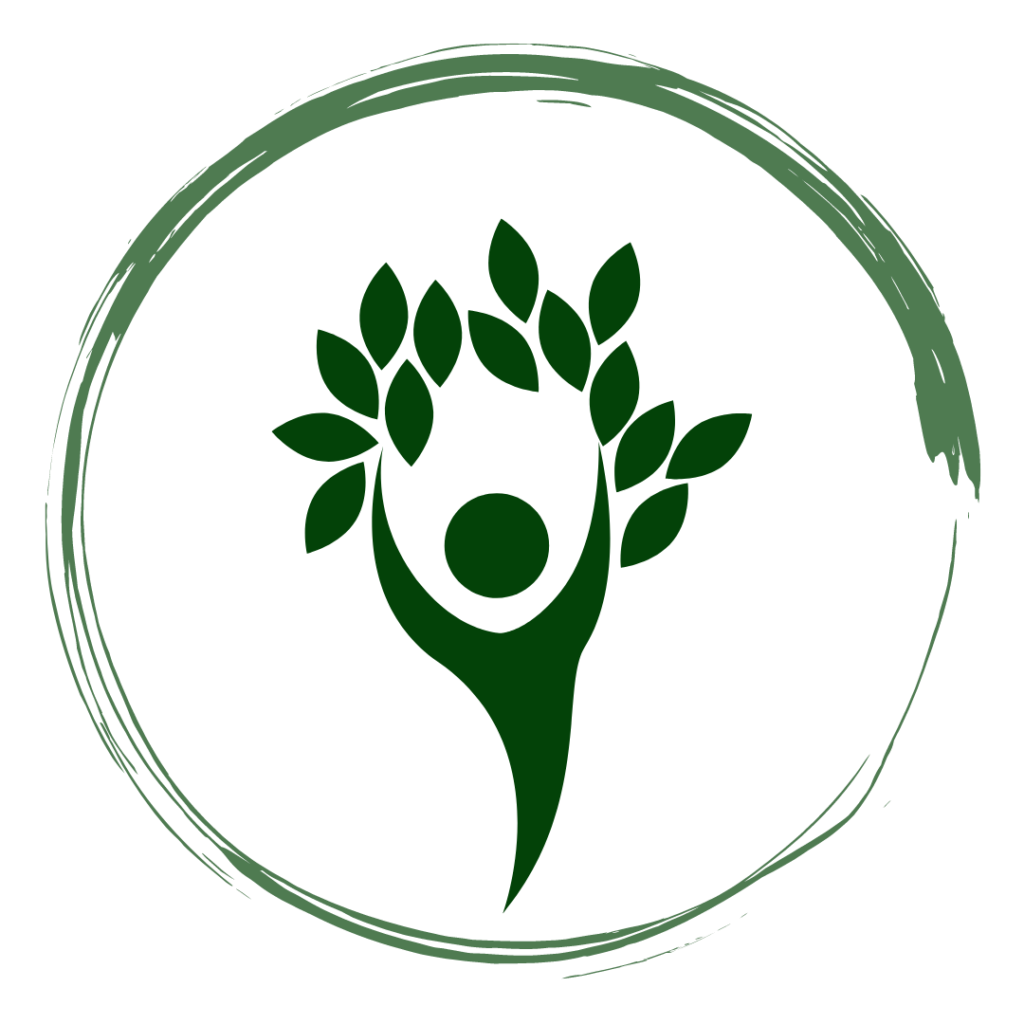
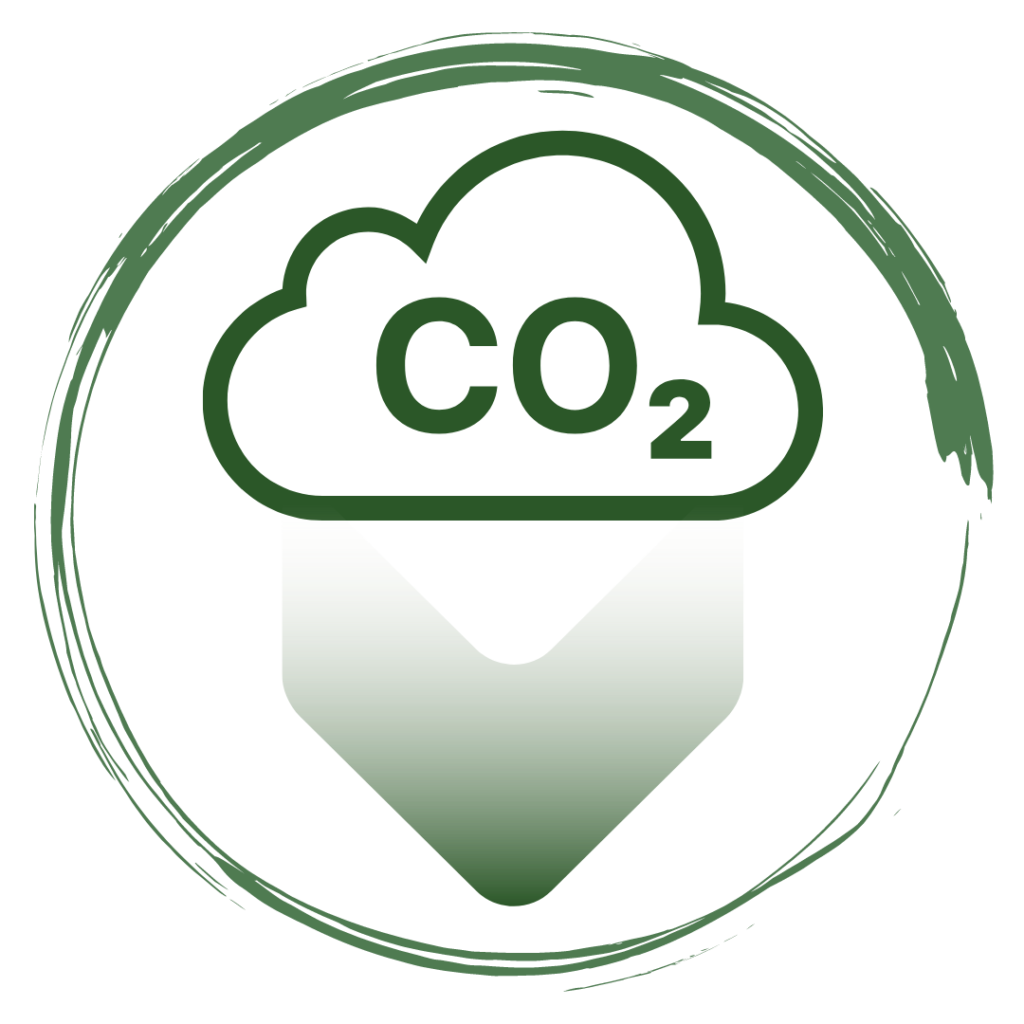
increase amount of carbon sequestration
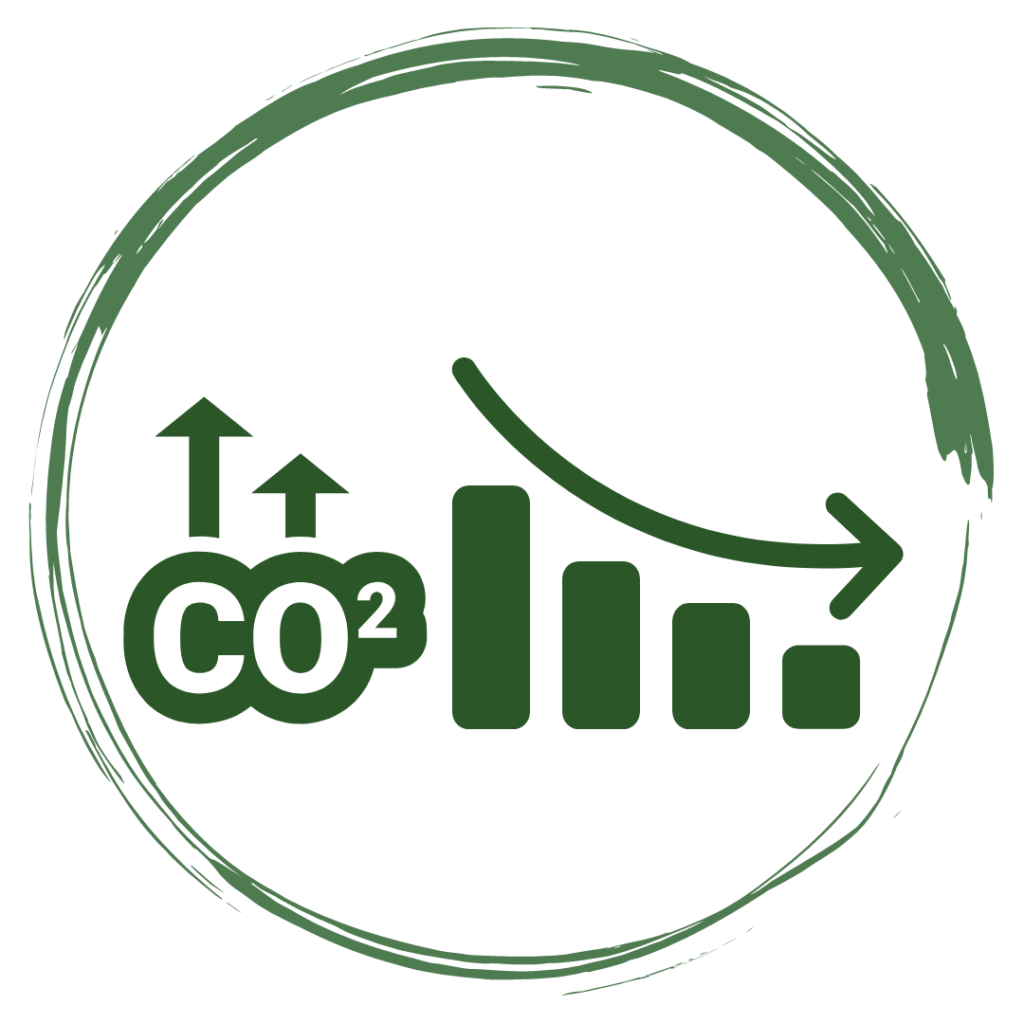
Avoid carbon emissions
Now with the EoL Carbon Credit Certificate you'll be able to:
- Offset your emissions
- Support smallholder farmer in Egypt
- Help Mitigate climate change
About page (alternative page)
Imagine an agriculture of the future which
Mitigates Climate Change
Promotes fairness and well-being of farmers by fair compensation
Fosters affordable sustainable and healthy food consumption
With the agricultural methods of biodynamics, the Economy of Love Standard is committed to actively increasing carbon sequestration through afforestation projects, compost production, soil carbon sequestration, and the implementation of renewable energy on EoL licensee farms. The EoL carbon credits are valuing the high environmental service of our farmers and provide an additional income through the sale of CO2 certificates, which is not only about carbon offsetting but also:
Our Carbon impact partners
Scope of upscaling Economy of Love
Economy of Love (EoL) strives for a fundamental shift in global agriculture and business sector. In order to support a regenerative future, the EoL standard fosters an ethical, sustainable and transparent supply chain from farmers to consumers.
The first EoL prototype on carbon farming in Egypt has been completed on a 830 acre pilot desert farm in the Wahat Baharya Oasis. As illustrated in the following figure, the farm has shown significant results indicating that regenerative agriculture under EoL guidelines can contribute to mitigating the adverse impact on climate.
Following the promising signs from the prototype project, the EoL scheme was introduced to 2,100 smallholder farmers (members of EBDA), who are currently in the process of verification and validation according to ISO 14065 & ISO 14064-3. The guidance and reporting as well as the development of the project design documents is managed by the Carbon Footprint Center of the Heliopolis University, certified according to ISO 14064-1 & ISO 14064-2. Farmers who are committed to the ecological and social regenerative practices can benefit from the financial incentives through the carbon credits scheme.
Agenda 2023
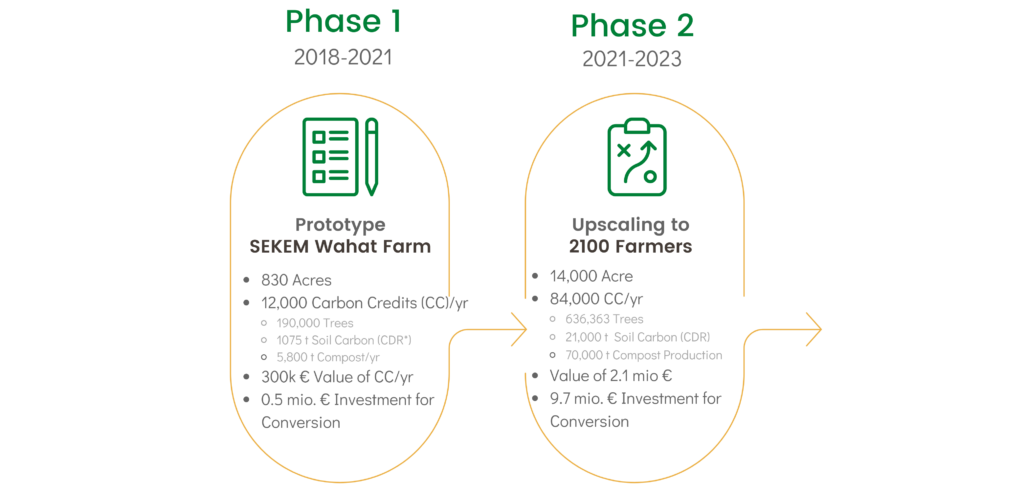
By 2025 we aim to reach 40,000 farmers implementing the EoL standard and thus benefit from EoL carbon credits. We are setting out a supremely ambitious vision for upscaling EoL by 2028. We envisage enhancing the economic resilience of the farms, climate adaptability, and subsequently stimulate regenerative agriculture in Egypt, through the transformation of around a quarter of a million farmers to EoL standard, making a significant contribution to combat climate change with roughly 9.6 million tons of CO₂ accounted as sequestration and avoidance (see below phase 3 & 4).
Agenda 2028
